New Legislation for Electric Scooters in the Netherlands: What Does This Mean for You?
The Dutch government has announced new regulations for the use of electric scooters (e-scooters) and similar light electric vehicles (LEVs) on public roads. This legislation will come into effect on July 1, 2025, providing more clarity and safety for all road users. In this article, we will explain the current situation, what changes are coming, and what Electrosteps.nl is doing to prepare for it.
The Current Situation (Until July 1, 2025)
At the moment, most electric scooters are not allowed on public roads in the Netherlands. Only a very limited number of vehicles, designated by the RDW as "special mopeds," are legally allowed to be used. This means that most e-scooters you buy today can only be used on private property, such as a private estate, a campsite, or private land.
Important points:
Use on public roads: Not allowed, only on private property
License plate requirement: Not possible
Insurance requirement: Not mandatory (but recommended for private property use)
Permitted models: Only a few exceptions with RDW approval
Using an unapproved e-scooter on public roads can result in a fine and confiscation of the vehicle.
👉 Click here for the current rules on Rijksoverheid.nl
The New Rules Starting July 1, 2025
Starting on July 1, 2025, the law will change. Approved electric scooters will be allowed on public roads, provided they meet strict requirements:
RDW Approval: Vehicles must be approved by the RDW
License plate requirement: Mandatory for all approved vehicles
Insurance requirement: Mandatory third-party liability (WA) insurance + insurance sticker
Technical requirements:
-
Maximum speed: 25 km/h
-
Maximum weight: 55 kg
-
Lighting and reflectors required
-
Unique Vehicle Identification Number (VIN) required
Usage rules: -
Minimum age of the driver: 16 years
-
Use of the bike lane required
-
Helmet not mandatory, but can be worn
👉 Read more about the new regulations on Rijksoverheid.nl
Electrosteps.nl Prepares: Special Collection of RDW-Approved Scooters
To ensure that you are fully prepared for the new rules, we will soon be introducing a special collection of RDW-approved electric scooters. These scooters will be:
-
Fully compliant with the new regulations
-
Legally allowed on public roads in the Netherlands
-
Equipped with all necessary accessories, such as license plate holders, lights, and reflectors
-
Insurable through all major insurance companies
Note: Until July 1, 2025, these scooters, like all other e-scooters without special moped approval, can still only be used on private property.
Summary
Use on public roads:
-
Before July 1, 2025 – Not allowed (except for a few exceptions)
-
After July 1, 2025 – Allowed with RDW approval and license plate
License plate requirement:
-
Before July 1, 2025 – Not possible
-
After July 1, 2025 – Mandatory
Insurance requirement:
-
Before July 1, 2025 – Not required
-
After July 1, 2025 – Mandatory third-party liability (WA) insurance
Permitted models:
-
Before July 1, 2025 – Only special mopeds
-
After July 1, 2025 – Only RDW-approved e-scooters
We recommend that you prepare well for this important change.
Soon, you will be able to find a safe and legally approved range of electric scooters at Electrosteps.nl!
Do you have questions about which e-scooter is suitable for your situation?
Feel free to contact us. We are happy to help!
Rules for Electric Scooters in Europe and Neighboring Countries
In addition to the changes in the Netherlands, it’s important to know that the rules for electric scooters in other European countries can also vary. Here is an overview:
Belgium
-
Electric scooters are allowed on public roads
-
Maximum speed: 25 km/h
-
No license plate requirement
-
Insurance required
-
Minimum age: 16 years
-
Use of bike lanes where available
Germany
-
Electric scooters are allowed on public roads with approval from the relevant authority
-
Insurance required (with insurance sticker)
-
Maximum speed: 20 km/h
-
Minimum age: 14 years
-
Use of bike lanes required
France
-
Electric scooters are allowed on public roads with strict regulations
-
Maximum speed: 25 km/h
-
Minimum age: 12 years
-
Scooters cannot ride on sidewalks unless the bike lane is unsuitable
-
Insurance required, but no license plate required
United Kingdom
-
Electric scooters are only allowed on private property, unless part of a specific pilot project
-
The government plans to ease regulations, but at the moment, there is a ban on using e-scooters on public roads
Other European Countries
-
Many other European countries allow electric scooters as long as they comply with local regulations
-
Most countries have a maximum speed of 20-25 km/h, and insurance is often required
-
Some countries, like Sweden and the Netherlands, require RDW-like approval, while others, like Spain and Italy, have more relaxed rules but still require insurance
Conclusion:
The rules for electric scooters in Europe differ from country to country, but most have similar requirements regarding speed, driver age, and insurance. If you plan to travel abroad with your e-scooter, it's essential to check the local legislation and ensure that your vehicle complies with the requirements of the country you're visiting.
For more specific information about the laws in a particular country, you can always consult local authorities or contact our team at Electrosteps.nl for advice.















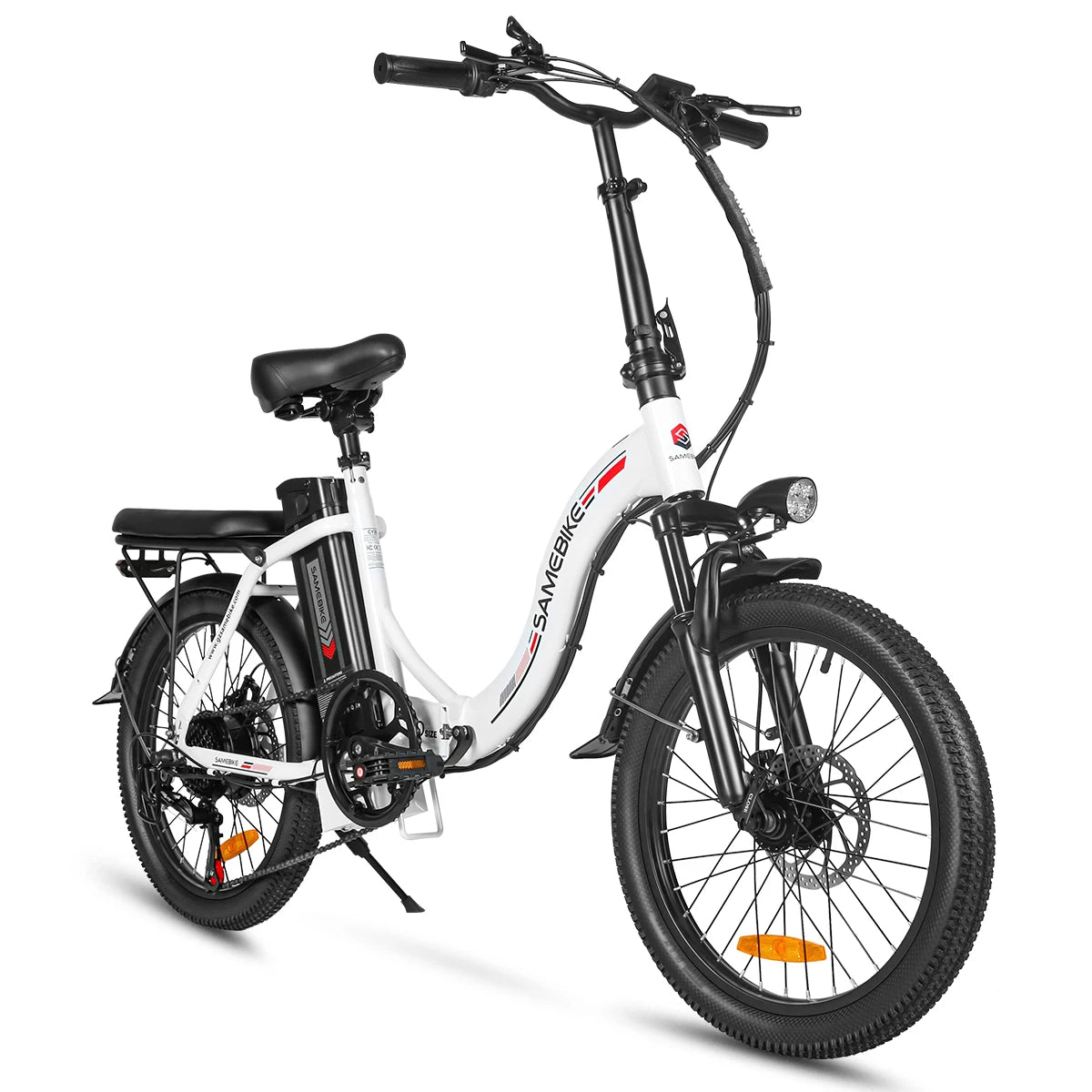
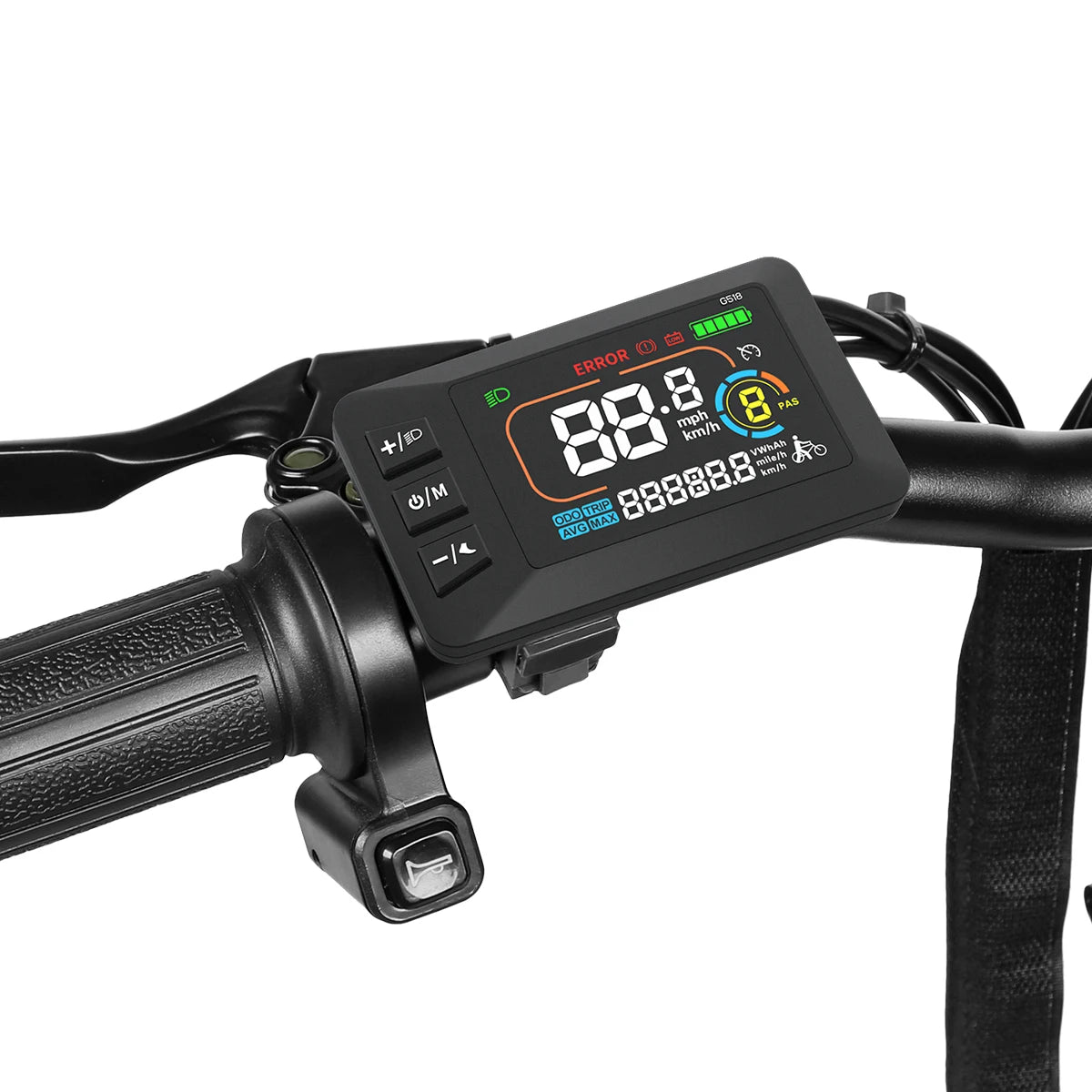
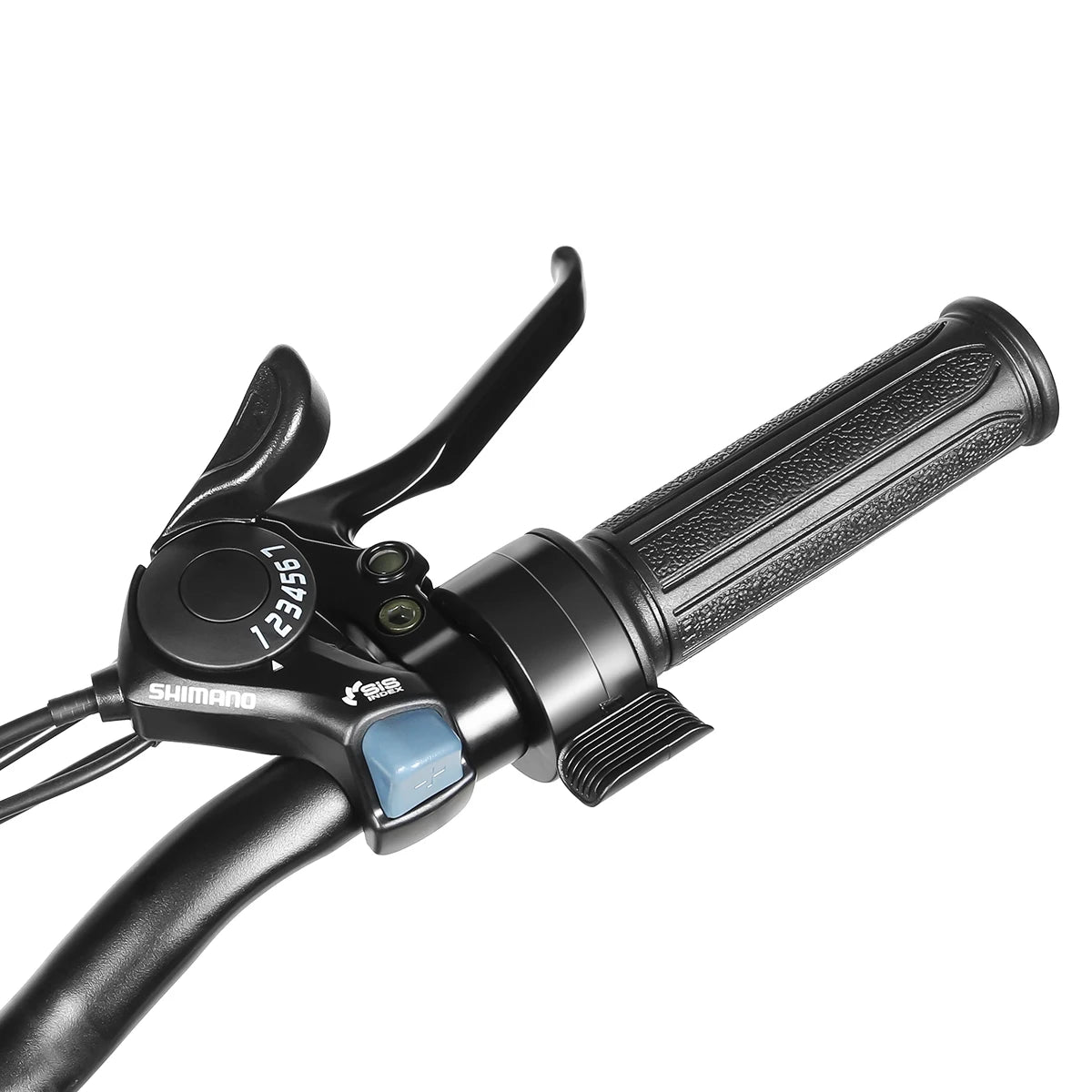
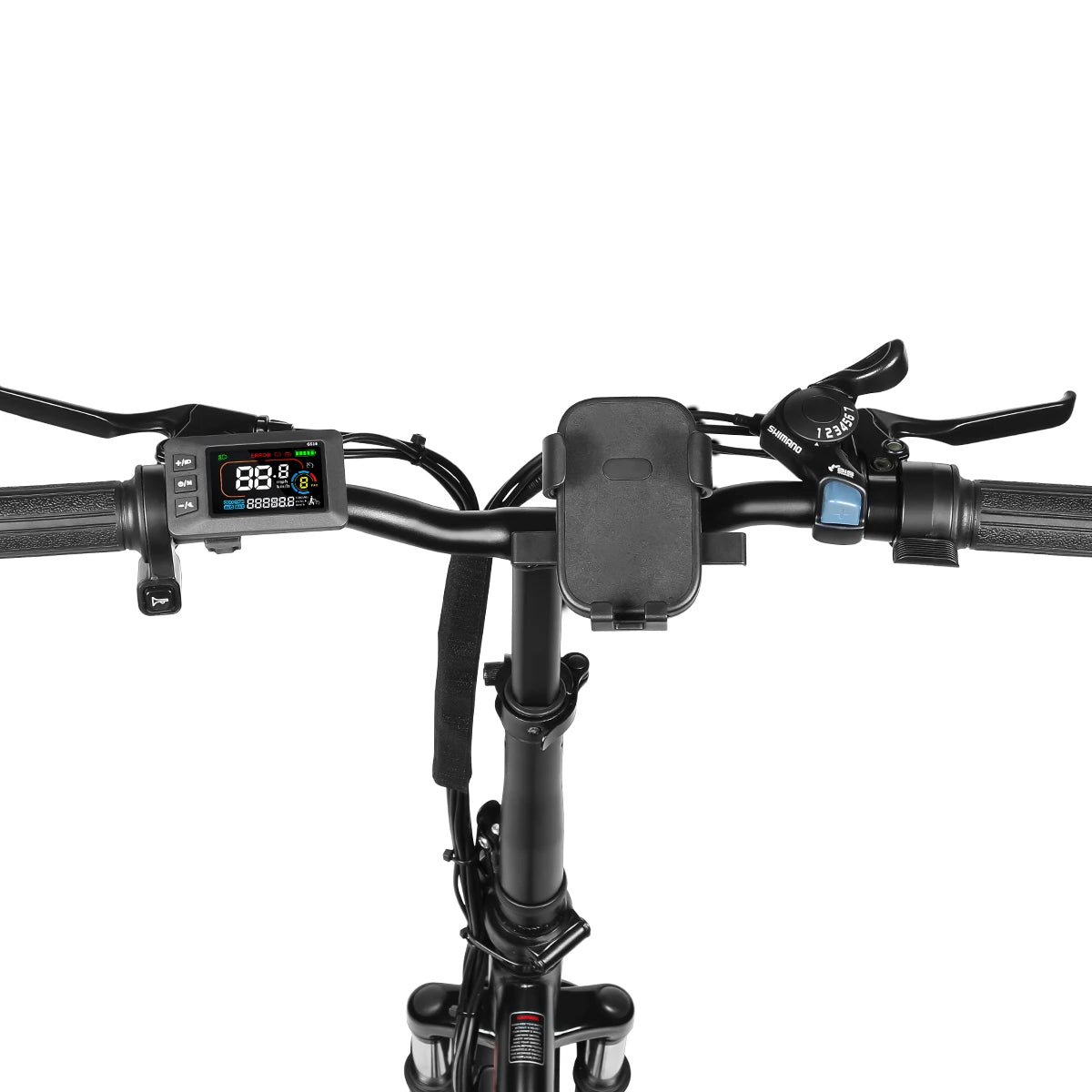




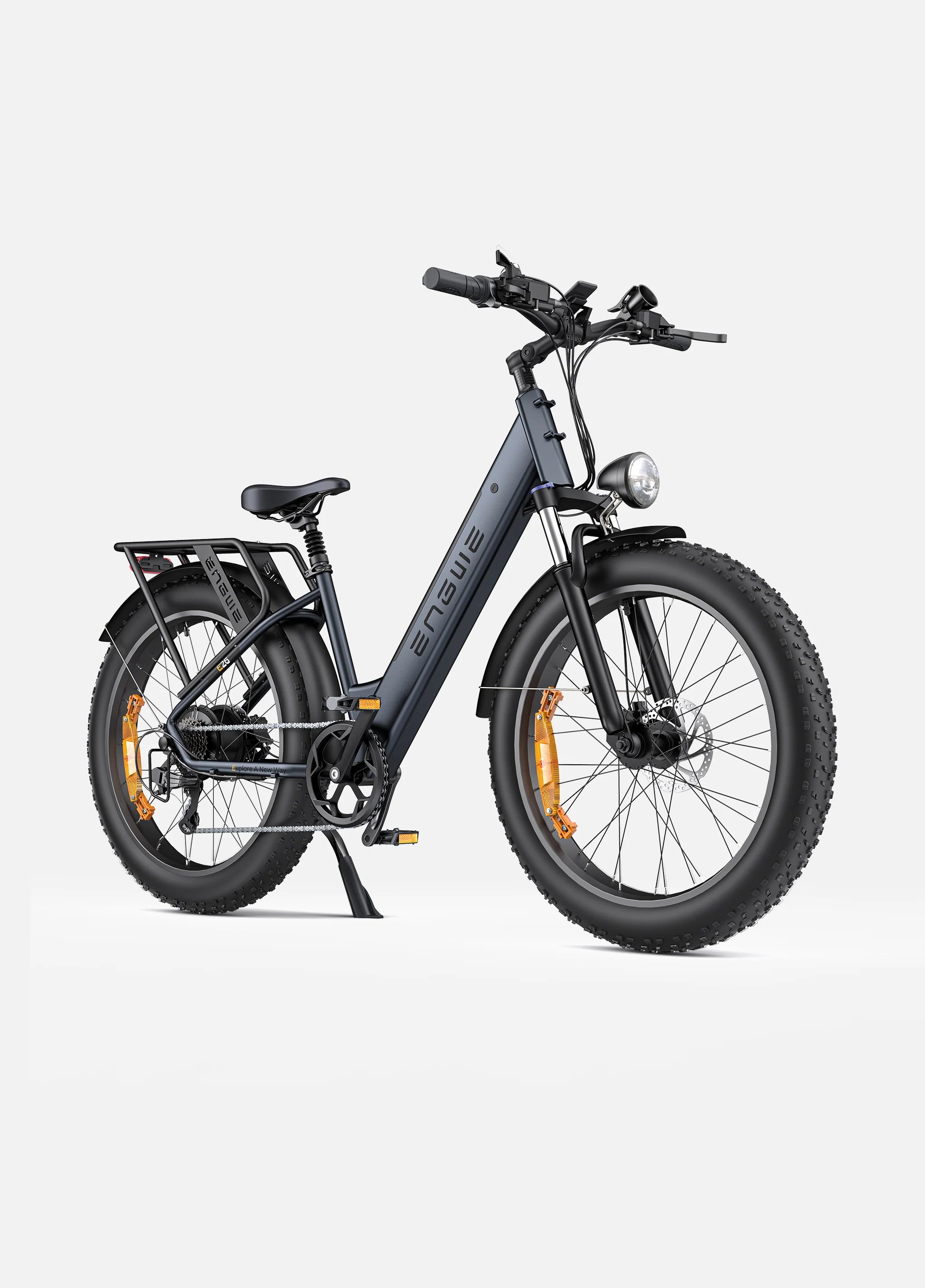
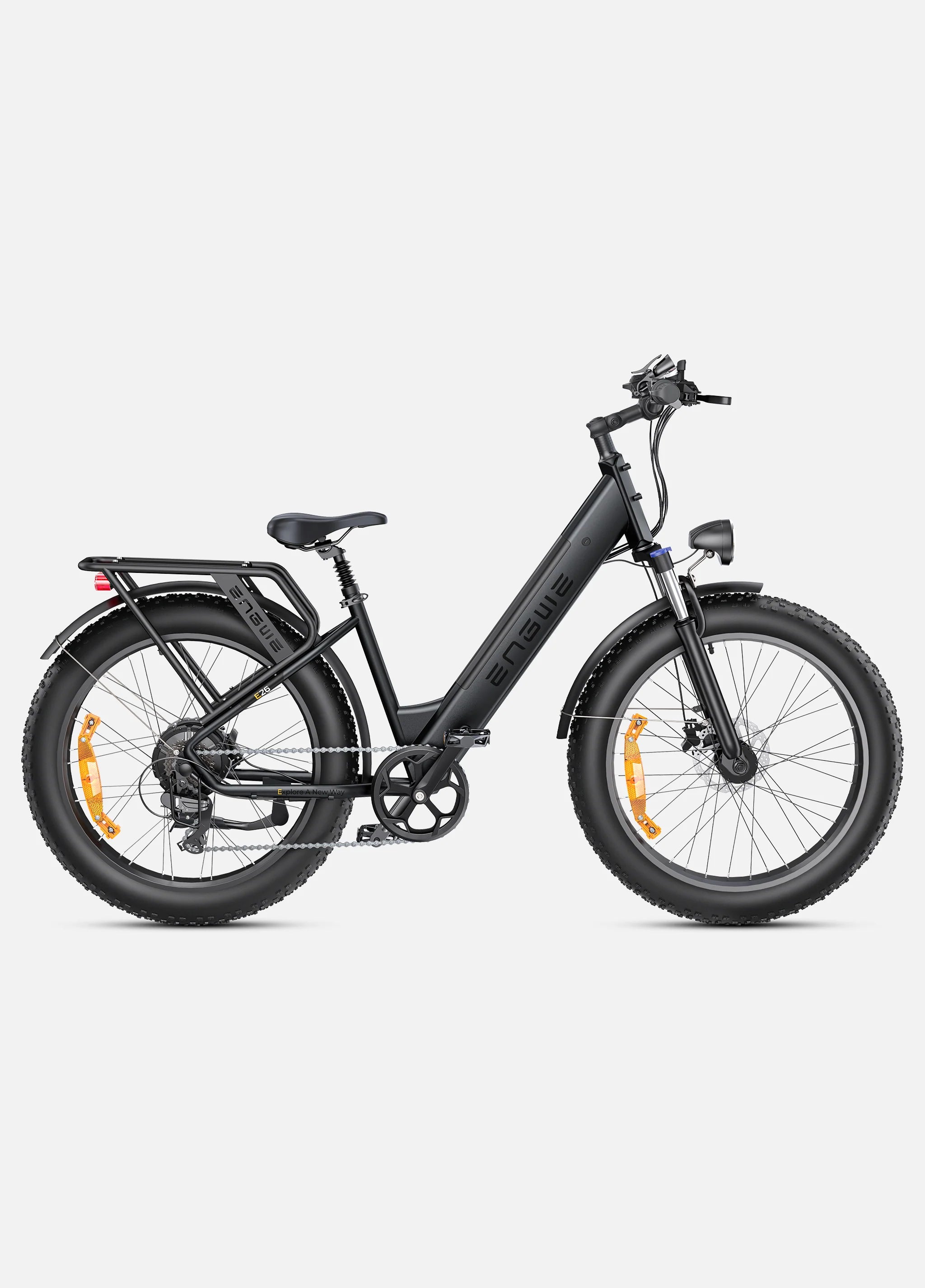
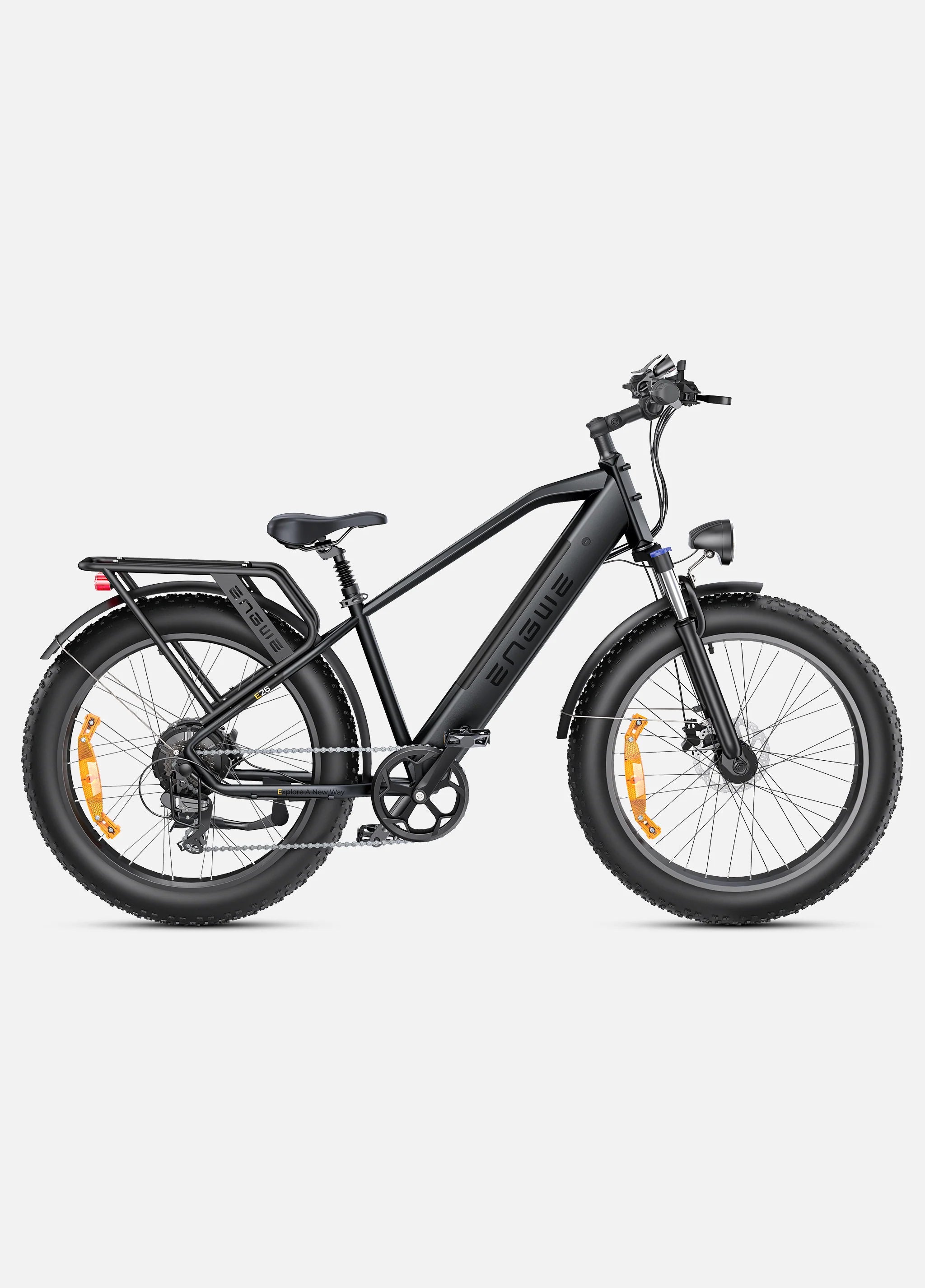




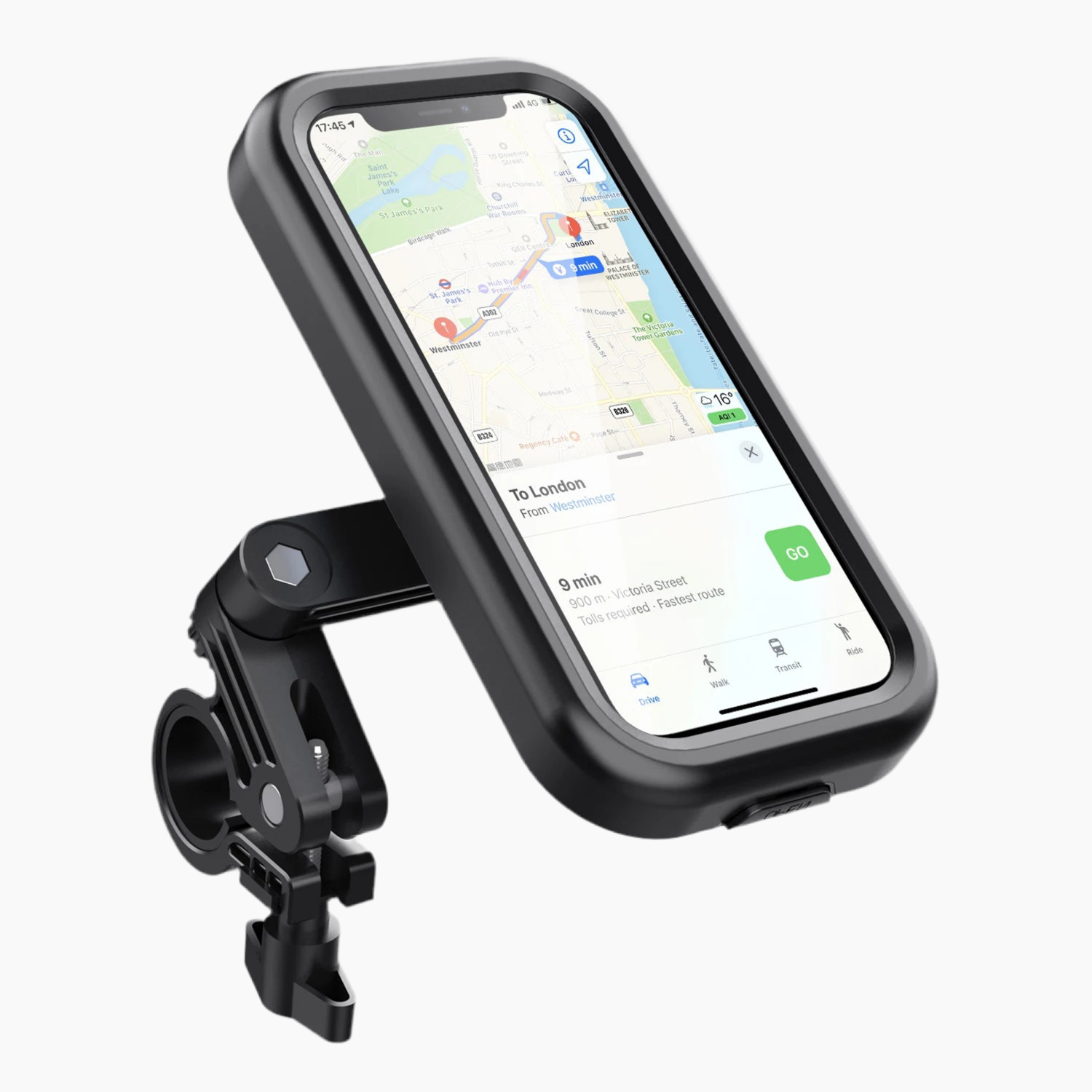

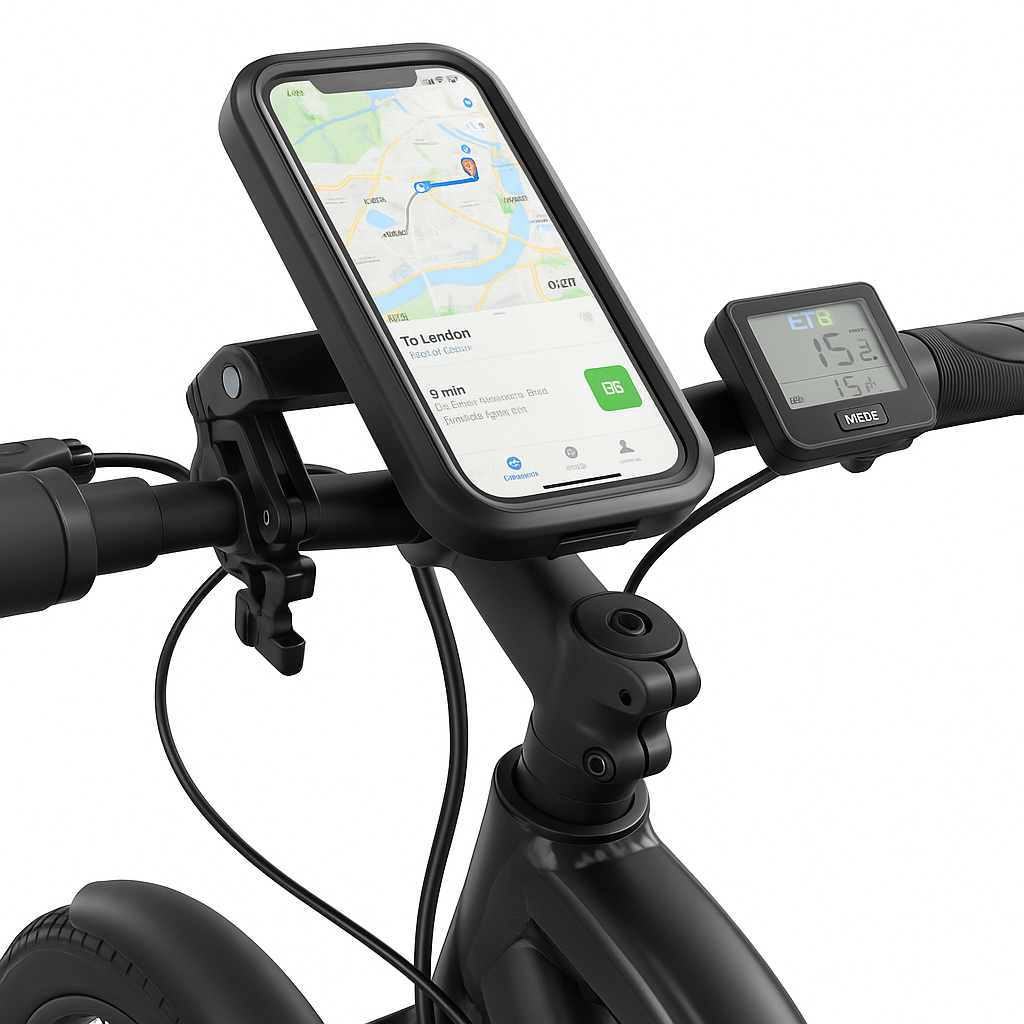
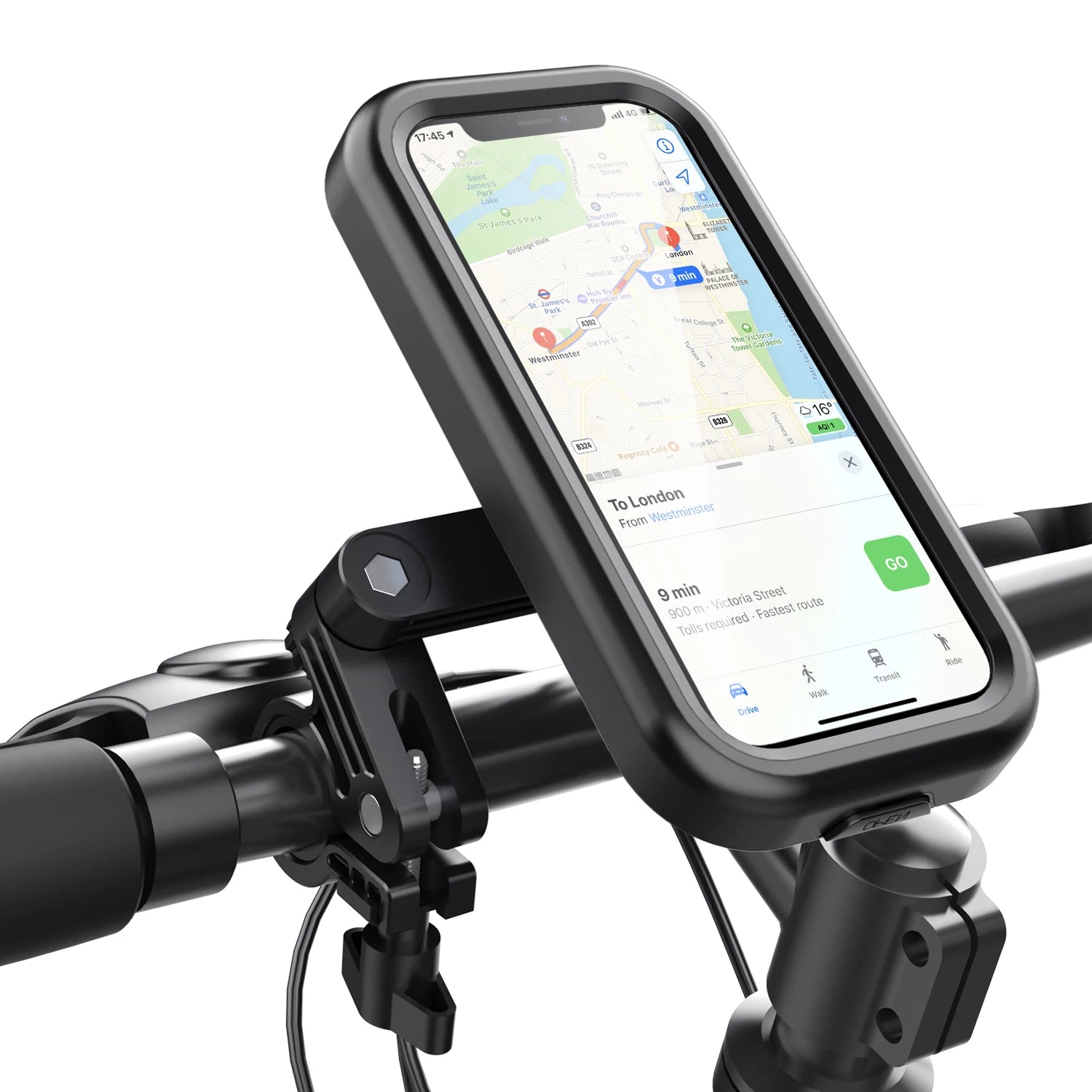
Share:
Sustainable Travel: Why an Electric Bike Contributes to a Greener Future
Legislation for Fatbikes in the Netherlands and Europe: What You Need to Know